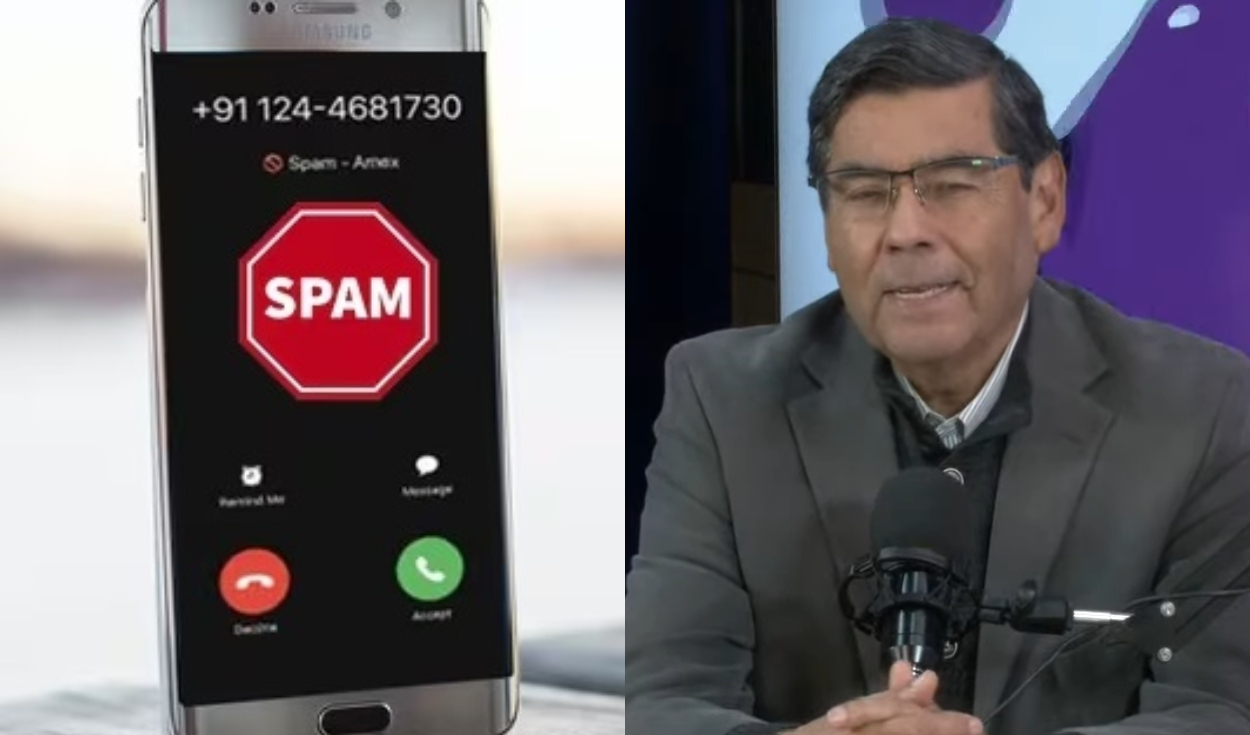
The Government of Dina Boluarte has once again rejected the law sent by the Congress of the republic which seeks to eradicate unsolicited calls and messages. Through a document sent to the President of Parliament, the Executive Branch explained the reasons for its rejection, highlighting that this regulation “would be eliminating the possibility of making a first contact with the purpose of obtaining consent.” This has generated much discomfort, since the so-called spam calls are a nuisance for many people.
The president of the Consumer Protection Commission declared that they will insist on the approval of the anti-spam law, which seeks to impose new restrictions on companies that call users without their authorization. However, there are still some procedures missing for the regulation to be approved and reviewed again in the Congress. Faced with this refusal by the government, Jaime Delgadofounding lawyer of the Consumer Protection Association, harshly criticized Dina Boluarte’s management.
Call center arguments to defend spam calls are insufficient, according to Jaime Delgado
One of the main arguments of lawyers and representatives of call centers for not banning spam calls refers to the employment situation of employees. According to these companies, the anti-spam law cannot be continued because it would leave many people without work.
Faced with this argument, Jaime Delgado described these jobs as harassing. “If the tobacco industry had the same argument against banning cigarette advertising, it would provide jobs for 100,000 people, but tobacco kills 8 million every year,” he exclaimed.
“If it refers to a conflict of laws, for example, the right to do business, but this collides with the right of the community, the right not to be harassed or have one’s privacy invaded, which right prevails? Of course, the right of the community, and that happens in all orders of things,” he said.
Jaime Delgado He reaffirmed that it is important to enforce the Consumer Protection and Defense Code. “Indecopi, without modifying the current law, could already impose sanctions. It states that ‘it is prohibited to use mass call systems if users have not previously and expressly authorized that they want to receive this type of calls,’” said the lawyer.
Peruvians are the most affected by the government’s refusal
The founding lawyer of the Consumer Protection Association argues that the spam calls negatively impact people’s daily lives. “The bottom line is that people continue to be mortified. People are receiving calls every day,” she laments. Jaime Delgado.
The lawyer explains that this type of spam causes people not to answer calls that may be important. “That is the harm that this whole situation is causing us. We hope that all of this is resolved for the well-being of everyone,” he adds.
Source: Larepublica
Alia is a professional author and journalist, working at 247 news agency. She writes on various topics from economy news to general interest pieces, providing readers with relevant and informative content. With years of experience, she brings a unique perspective and in-depth analysis to her work.












